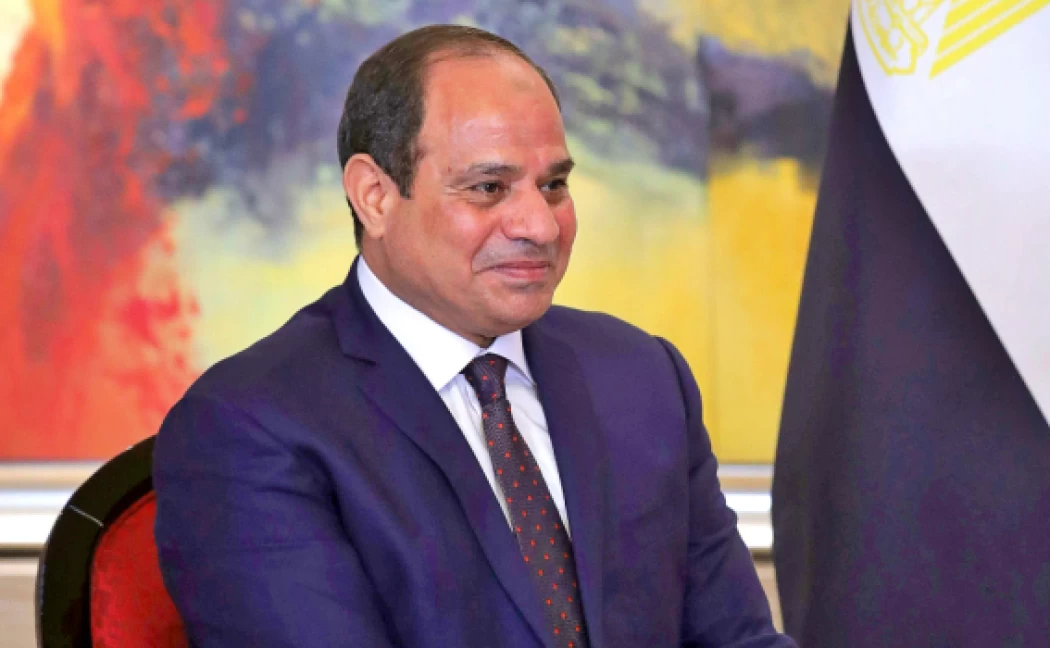
Mr. Sisi the current president
Abdel Fattah al-Sissi, born November 19, 1954, Cairo, Egypt, Egyptian military officer who became the de facto ruler of Egypt in July 2013, after the country's army removed Pres. Mohammed Morsi from power following mass protests against his rule. Sissi was elected president in May 2014 and elected for a second term in March 2018.
Sissi graduated from the Egyptian Military Academy in 1977, served in the infantry. He never saw war, but rose through the ranks to command a mechanized infantry division, then became commander of Egypt's northern military region. In 2010, he was appointed Director of Military Intelligence. Following the ousting of Egyptian President. Hosni Mubarak after an uprising in January and February 2011, Sissi was the youngest member of the Supreme Council of the Armed Forces (SCFA), a senior officer corps that took over the leadership of Egypt. He was elevated to defense minister and commander of the armed forces in August 2012 when Morsi engaged in a power struggle with the army.
June 30 Revolution
Sissi took center stage on the Egyptian political scene in the summer of 2013.
After the emergence of a protest movement dubbed Tamarrud (“rebellion”) demanding that Morsi be expelled. The anti-Morsi protests had reached a scale not seen since the ousting of Mubarak in February 2011, and on June 30 some demonstrators were chanting to oust Morsi in the same way. On July 1, Sissi gave Morsi an ultimatum to resolve the crisis within 48 hours or face military intervention.
Morsi proposed negotiations but refused to resign.
On July 3, the military deposed him and placed him under arrest. A figurehead president, Adly Mansour, but Sissi, held power. The intervention was condemned by Morsi's supporters within the Muslim Brotherhood. Sisi retorted that the army had carried out the will of the Egyptian people.
Clashes between the Muslim Brotherhood and the military intensified as the Muslim Brotherhood and its allies demonstrated across the country and refused to participate in the transition process. Meanwhile, Muslim Brotherhood leaders were arrested and the group's media channels were shut down. On July 8, as the Muslim Brotherhood staged a demonstration outside a military base, security forces opened fire and killed more than 50 people.
Faced with continued opposition from the Muslim Brotherhood, Sissi called on Egyptians to rally in support of the army against “violence and terrorism”. On July 26, Egyptians from all over the country answered the call and took to the streets to show their support. The following day, nearly 100 people were killed at a rally of Muslim Brotherhood supporters. On August 14, hundreds were killed when Egyptian security forces moved to disperse sit-ins outside the Rabaa al-Adawiya mosque in Cairo; in the following days, more than 1,000 had been killed in the crackdown.














